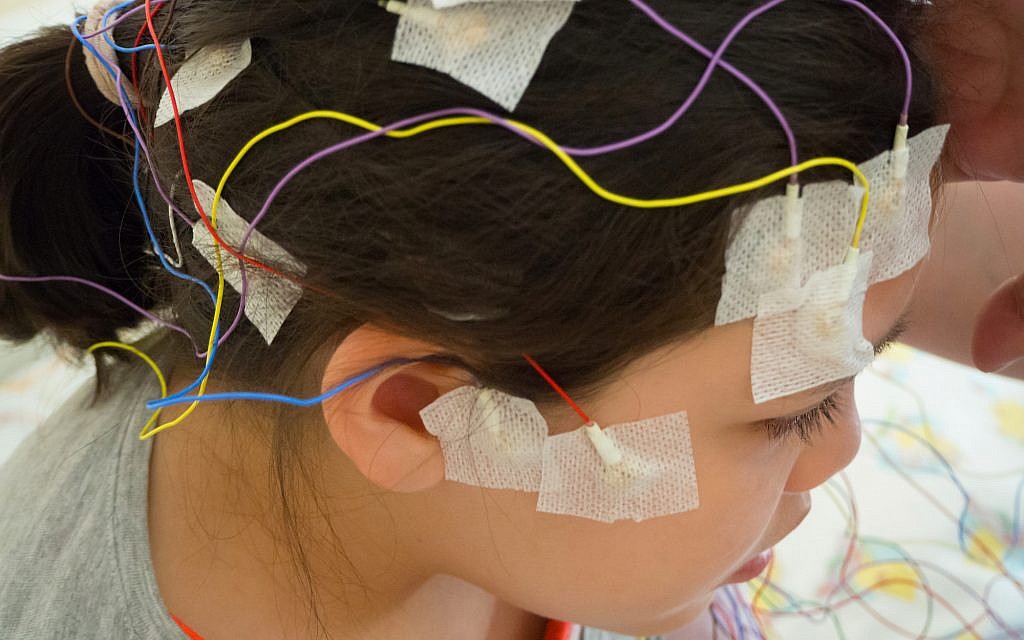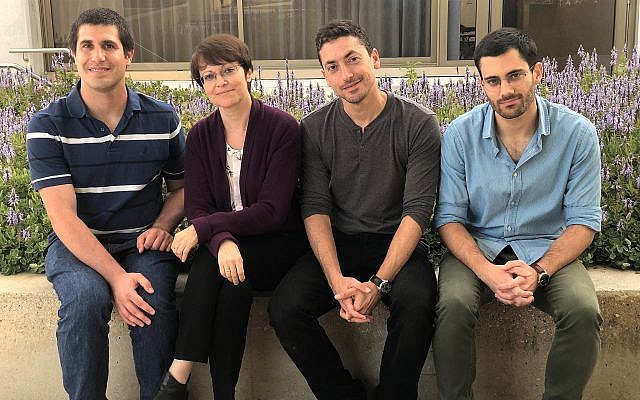
[ad_1]
Researchers at Tel Aviv University have discovered that a drug used in the treatment of multiple sclerosis can be adapted to help patients with epilepsy.
The development is significant because 30 to 40% of patients with epilepsy do not respond to the pharmaceutical treatments available today, especially children with a rare and severe form of the disease known as Dravet said Monday a statement from the university.
The findings of the team led by Professor Inna Slutsky of the Faculty of Medicine and School of Sagol Neuroscience were published Monday in the scientific journal Neuron.
Receive by email the Start-Up Daily Israel Start-Up and never miss our best stories
Free registration
The discovery comes from a breakthrough for what researchers call "a century old enigma" that baffled scientists who were trying to determine the mechanism that regulates and ensures the stability of brain activity.

Members of the Epilepsy Research Team (from left to right): Nir Gonen, Professor Inna Slutsky, Boaz Styr, Daniel Zarihin (Inna Slutsky, Tel Aviv University)
Although the causes of most forms of epilepsy are unknown, scientists know that seizures result from excessive and abnormal neuronal activity in the brain.
The researchers said their findings could serve as a basis for drug development for various diseases characterized by instability of brain activity.
"The instability of neuronal activity in various parts of the brain is one of the major factors in a wide range of brain disorders, including epilepsy, Alzheimer's disease, and Parkinson's disease," Slutsky said. .
Slutsky's team discovered that the DHODH gene was essential for triggering brain activity and that the drug, teriflunomide, used to treat multiple sclerosis, had an inhibitory effect on neural activity.
When researcher Boaz Styr left the drug with brain cells for an extended period, the level of lower activity became permanent. The team then studied and found that they could reduce the accelerated brain activity that occurs in people with epilepsy.
"We have discovered a new mechanism responsible for regulating brain activity in the hippocampus, which could serve as a basis for future development of drugs effective against epilepsy," concluded Slutsky.
They hope the discovery will help people with Dravet syndrome.
The Dravet Syndrome Foundation describes the disease as "a rare, catastrophic form of life-long epilepsy that begins in the first year of life with frequent and / or prolonged seizures." Patients with Dravet syndrome require constant care and quality of life, with patients facing a mortality rate of 15% to 20% due to complications.
[ad_2]
Source link